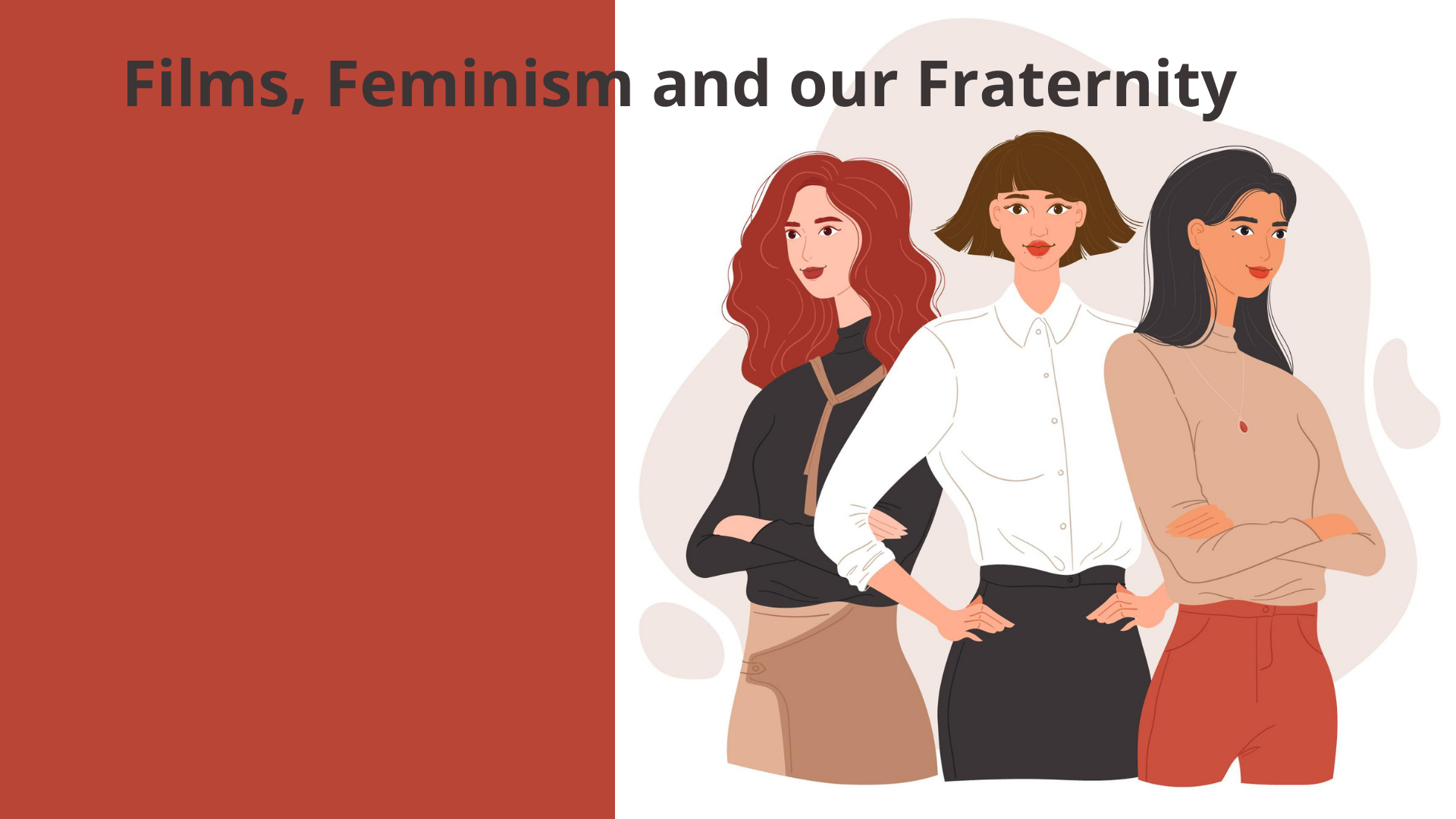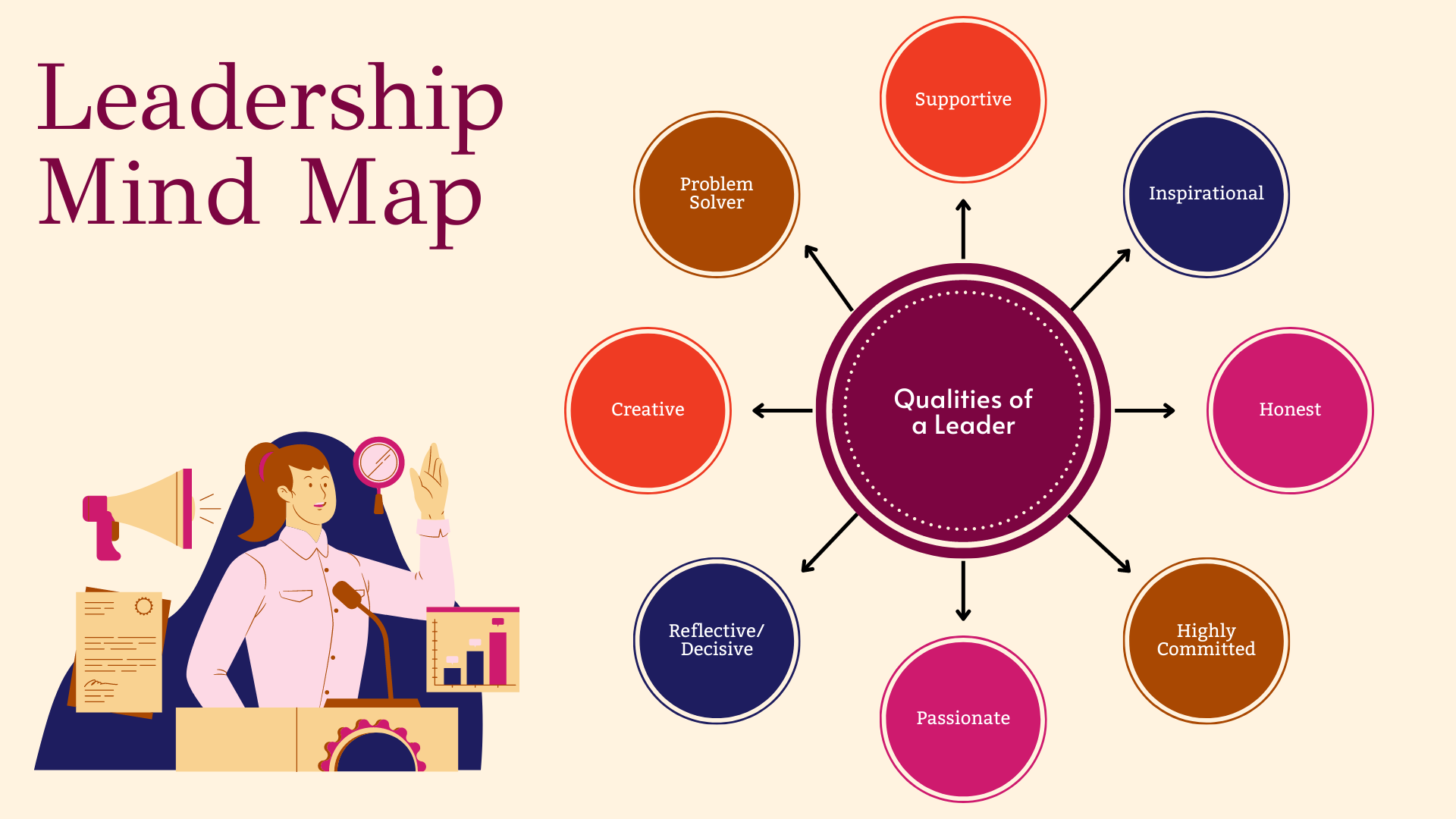Films, feminism, and our fraternity
They say films are the depiction of our society and contrariwise. Movies and the cinema have impacted our lives so much that our dressing sense to our way of thinking is hardly loosely based on these films. Nowadays, most of the characters seem relatable. The “larger than life” character concept loses its luster as characters and conditions are often seen as animated by the audience. It is not inexcusable to say that women were rather discarded in mainstream cinemas for nearly a decade. They give zero to no plot significance, had no character arc, and mostly stigmatize up to certain roles, like helpless mother, shy and obligate sister for whose dowry “the actor” has to work night and day or just a simple love interest of the hero who has no free will or plot importance, unless its a romantic genre. In that case too, the second lead was not the actress or the love interest but the villain. These things somewhat affect our society on a psychological level. We see divorced women as an outcast, widowed mothers as unaided and single young women as so-called “khuli tijori” so it was obvious for women of that time to feel dependent and constrained. The roles were very restricted and stereotypical and if some roles did not fall in that range then they are often villainized and shown us as vamps, like the villain’s sidekick who loves to smoke, plotting against the main character, and seduces men. Other than this the late 90s era films also showcases and sometimes glorified the regressive acts of eve-teasing, sexual harassment, rape culture, and domestic violence.
Today we see lots of female-oriented movies, the main cause of such phenomenon is assumed to be the very term “feminism”. As the feminist movement gains popularity in the west, its impact can be seen at east as well with films like Mother India (1957), Sahib Bibi Aur Ghulam (1962), Bandini (1963), Guide (1965), Ankur: The Seedling (1974) Manthan (1976), Bhumika (1977) Thodisi Bewafaii (1980), Umrao Jaan (1981), Arth (1982), Mirch Masala (1986), Ijaazat (1987) and many more were redefining the role of actress more than just mere love interest or for hero moral support. Now, they have their own voices, their own perspective, and their own story to tell. The parallel or art cinema has contributed to this most with movies like Nishant (1975), Suraj Ka Satvan Ghoda (1992), Sparsh (1980), and many such exhibits the audience different kinds of the story of women and showed us just like any other man their conscience can make a different decision in a varied situation this breaks the cliché behavioral approach of women to the conditions and tear and torch the book of “how should a lady behave”.
Women in dramas
Drama is the genre where we can see the contrasting story of women. Charulata (1964) beautifully displays a woman’s feelings and desire, Charulata when left unnoticed by her loving but busy husband, and when his husband’s cousin enters her life and gives her the attention she is craving for, falls for him. This shows that humans are complex too like the emotions they have and sometimes there is no straight answer or path to walk on we learn and grow. Charulata and Bhupati (her husband) both have to acknowledge the fact that there is a space, a void created between them. The same complexity of emotions can be seen in the movie Bazaar (1982) where Najma (Smita Patil) for sake of love does the thing she didn’t want to, Najma and Shabnam (Supriya Pathak) helplessness with the situation has been portrayed appealingly. Women’s hope to live a better life leads them to self-destructing paths. These stories of women are so unique to tell and so immensely powerful to portray. Aandhi (1975) a political drama showcases aarti’s (Suchitra Sen) character arc from an ill-mannered politician daughter to a well-established politician. She still loves her ex-husband after all this time of separation but according to her, something is better to stay the way they are. Another drama film which I greatly admire is Arth (1982), where we can see that a woman can say no too, she won’t accept the infidelity of the man just because she used to love him or she needs him to sustain in society. A man cannot treat her as his second option, she has her own meaning of life. Now let’s move to some newer drama genre movies. Lajja (2001), this movie is screaming feminism from its throat. Story of four women suffering from domestic abuse to the dowry system you name it, and they are fighting against it for their rights. The thing I liked about this movie is women are actually questioning us, the audience their gaze piercing through the lens towards us asking us is this justifiable. It is sometimes like they are breaking the fourth wall. The multi-female cast is a joy to watch. Small things lead to a big revolution, Thappad (2020) is such a movie. It was a mere slap, what’s the big issue in that? Bhagwaan ka shukr karo ki ek thappad me baat nipat gayi! Thappad slaps all the faces that utter those sentences. Thappad showed us that domestic violence of any kind is not acceptable. Another one-of-its-kind movie is Black (2005) Rani Mukherji as Michelle McNally has done an inexplicable role of a deaf, mute, and dumb girl fighting every obstacle of life with the help of her teacher, it such a heartwarming tale which is informing us as well. Tabu is a noticeable name when it comes to women-centric movies: Chandni bar(2001) Astitva (2005) Maachis (1996) Meenaxi: A Tale of Three Cities (2004) are a few of her works. These movies not only tell the tale with women as an important part but also show us their point of view.
Women in comedy
When it comes to comedy women’s roles are very restricted and very little experiment has been done with the role. They might be the cause of comic situations just like in Stree (2018), both Chashme Baddoor(1981) (2013), the Shaukeens(2014) but they’re not in it, what I mean is they were not the part of it. The general misconceptions that women are not funny might be the reason, which is greatly debunked by numerous actresses Like Upasana Singh, Archana Puran Singh, Himani Shivpuri, Manorama, Ketki Dave, and many more. Another regressive thing that grew momentum was using women’s physical appearance and their way of talking as a source of comedy. It sure was fun to watch at that time but now the only thing we get by watching those comedy scenes is cringe. Gladly not all movies showcase this phenomenon, in Mr. India (1987) there’s a montage of Sridevi Kapoor imitating Charlie Chaplin, the act was a hilarious and pure delight to watch. The important thing to notice is her comic timing that’s what makes every scene so joyous. The Priyadarshan’s Malamal Weekly (2006) has a character of thakurian played by veteran dancer and actress Sudha Chandran, her character was not significantly comic but what was more fresh to watch was a matriarch upholding all the authority of the village. Talking about comedy and not mentioning Hansa (Supriya Pathak) is totally unfair. It would not be wrong to say that she was the main ingredient of the Khichdi: The Movie (2010). it’s all the matter of women in comedy, now let’s come to women-centric comedy. Seeta Aur Geeta (1972) entirely revolves around Hema Malini’s character and that too twice. There is no doubt to say that she was the hero of the movie. Her portrayal of sweet and docile Seeta was easily convincing as hot-headed and daring Geeta as well. Aiyyaa (2012) reconceives women’s sexual desire in a light comedic way. Rani Mukherji as Meenakshi Deshpande was very convincing and fun to watch. I love her daydreaming attitude, her friend’s suggestions, and subtle sex jokes. I know many people might consider it as below average film but I love how this movie used men as eye candy and as a medium of women’s sexual desire, now how’s that for the society that keeps sexualizing women with songs and scenes. Though English Vinglish (2012) is a comedy-drama movie, it brings tears to my eyes every time I watch it. Admit it, we all have acted as Sashi’s children at some point in our life. English Vinglish lovingly draws our ear telling us it is not funny to make fun of someone’s inability to speak English. Hichki (2018) made me fall in love with Rani’s character. It’s a heartwarming yet funny story. It is fun to watch how she loves seeing people dealing with her tics as she is totally comfortable with it. The movie not only creates awareness regarding Tourette’s syndrome but also shows us fault in our education system. Queen (2013) is another female-led comedy-drama that is greatly enjoyed by the audience. I think it’s because every girl at some point could relate to Rani. Seeing Rani dealing with all the situations abroad alone, making new friends, and proving that Indians are best at kissing is just pure exuberant. Special mention to the short movie Chhuri (2017) this 12 minutes short movie funnily handled Tisca Chopra’s character husband’s infidelity in a very subtle, sharp, and smart way.
Women in horror
Now, this is the genre where women’s roles were diversely celebrated. Whether there was a ghostly Kamini/lata (Madhubala) from classic mahal (1949) who was the mastermind behind the plot, a brave Sanjana from cult movie Raaz(2002) who saves her husband from the evil spirit of his mistress or possessed Lisa (Adah Sharma) from the 1920 franchise whose laughs and smiles that creeps the hell out of you, everywhere in this genre women have some importance and they have cooperating roles that accentuate the storyline. Of course, there are some traditional horror movies too where women are just screaming their gut out or running like a toddler or worse got killed in the first half like in Jaani Dushman: Ek Anokhi Kahani (2002), Veerana (1988), Purani Haveli (1989). The 1992 Raat starring Revathi as Manisha Sharma aka “Mini” gives a bone-chilling performance that holds us until the end. Mini’s questionable condition still boggles our minds between what’s real and what’s not.
There are some off the trail horror movies too where women’s appearance contributes to the elevation of the story. Pari (2018) revolves around Rukhsana( Anushka Sharma) and her growing attachment towards Arnab. As the story accelerates we see the darker side of Rukhsana and the much darker origin of her. Pari has the genuine jump-scares moment and really shocking scenario. Bulbbul (2020) brings us to the memory lane where we used to listen to horror stories from our grandparents, the stories seem obvious yet carry some elements of suspense. The transition of bulbbul from young, naive, and innocent to authoritative and powerful matriarch was very smooth and effortless. We sympathize with bulbbul on so many levels but fear with the Chuudail that kills (injustice). In Kaali Khuhi (2020), the 10-year-old Shivangi (Riva Arora) steals the show, her curious nature and persistence lead her to the dark past that the whole village and her family share. Shabana Azmi’s presence as Satya maasi was remarkably uncanny. The film holds the topic of female infanticide very carefully and delivers us wrapped in the blanket of mystery.
Women in action
Action is another genre where female-oriented stories are yet to be discovered. There are wide opportunities for women in this genre and several experiments can be done with the story to make it more believable and less like lampoons. This is the only problem when it comes to female-oriented action movies. The character is glorified so much so that it seems unreal. Pardon me for criticizing such a cult classic movie but how is it possible that the character of Kabir Bedi (Sanjay Verma) cannot see the Jyoti is Arti (Rekha) with just a really good makeover in Khoon Bhari Maang(1988). The action was fine and the story of revenge of a woman was somewhere a fresh breeze of air. Raazi (2018) was a really convincing action-spy-thriller movie, Aalia Bhatt really molds herself into the character of a delicate yet determinant Kashmiri girl Sehmat Khan. Her surveillance keeps the audience off the edge of their seat. The story binds us till the end and the type of patriotism the movie offered us was commendable.
Rani Mukherji again made her mark, this time with an action-filled Mardani franchise both the movies of this franchise had a really strong story, greater support cast, and most importantly strong villain that gives heads on to the protagonist. The cat and mouse chase felt real, the hustling and restlessness of the protagonist to find the answers delivered seamlessly to the audience and the action scenes were entertaining. Naam Shabana (2017), is a spin-off of the 2015 movie Baby, Tapsee Pannu as Shabana was persuasive and really helped us connect with the character with her performance, her action scenes were cajoling. Sonakshi Sinha starred in Akira(2016) is a notable film mention, the cast was satisfactory and their performance was noteworthy but somewhere the story seems caricaturish and the protagonist appears as a rogue with no prior goal. Whereas in NH10(2015), the character arc of Meera(Anushka Sharma) from fearful to fearing was colossal, Anushka Sharma’s stellar performance steals the show, the movie raises the issue of honor killing in such a raw manner that it gives goosebumps. Manikarnika: The Queen of Jhansi ( 2019) is a period drama telling tales of valor of Rani Laxmi bai was real fun to watch, her bashing the patriarchy at that time, emerging as a young, brave, and beautiful man to the queen of Jhansi leading the troops to the freedom all these things aids greatly to the movie. Kangana Ranaut with her expressive eyes, bold voice, and strong body language embody the role of Manikarnika very well. There are a few movies too which are not female-led but have a female cast who has some plot significance and can kiss some ass. Mard Ko Dard Nahi Hota(2018), please do not go on the name, the film has really much to offer, Supri (Radhika Madan) the love interest of the protagonist Surya (Abhimanyu Dasani) looks awestruck when beating the shit out of goons. Her slo-mo action scenes left the audience open-mouthed. Similarly in Bahubali: the conclusion (2017) Devasena(Anushka Shetty) intro was the scene that a queen deserves, other than this her strong opinionated nature, her firm beliefs, and her archery skill was a perfect match to Bahubali( Prabhas).
How useful was this post?
Click on a star to rate it!
Average rating 5 / 5. Vote count: 3
No votes so far! Be the first to rate this post.









